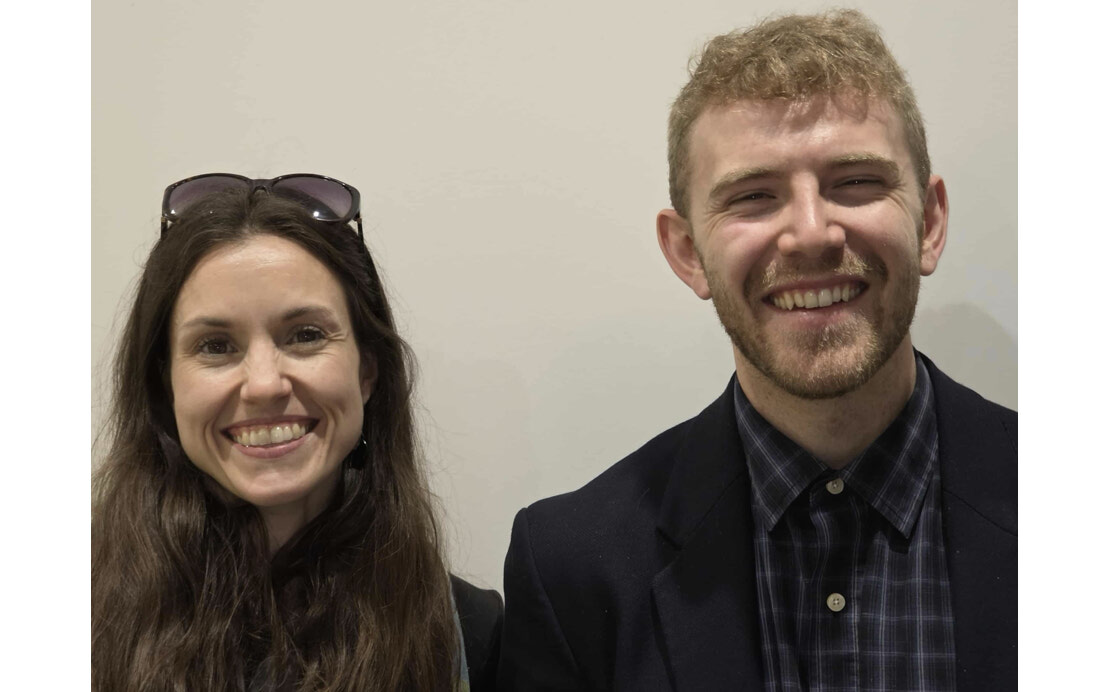CENO event explores the science of aging and sleep
Tashi Farmilo
A free public event hosted by the CENO (Clinique d’évaluation neuropsychologique de l’Outaouais) in Aylmer drew local seniors and caregivers on October 21 for a focused discussion on the science of sleep and cognitive aging. The session was part of a province-wide initiative organized by the Association québécoise des neuropsychologues (AQNP) to mark Quebec’s Cognitive Health Day.
The event was held at CENO’s Aylmer branch on boulevard Wilfrid-Lavigne and offered clear, evidence-based information about how sleep patterns change with age and how these shifts relate to memory, attention, and overall brain function. Dr. Sophie Benoit, Psy.D. / Ph.D., a practicing neuropsychologist, and Jean-François Caron, doctoral candidate in neuropsychology, led the session.
Attendees were walked through common changes in sleep that accompany aging, including lighter, more fragmented rest, as well as signs that may indicate deeper issues such as chronic insomnia or sleep apnea. Dr. Benoit and Mr. Caron emphasized that while some disruptions are expected, persistent sleep problems should not be ignored and may warrant medical evaluation or neuropsychological assessment.
The presenters highlighted practical strategies supported by clinical research. Dr. Benoit explained that a regular bedtime and wake time are “one of the most powerful things you can do to stabilize your sleep,” regardless of age. She also warned that alcohol close to bedtime, contrary to popular belief, can make sleep more fragmented and reduce overall sleep quality. Caron added that screens, especially smartphones or tablets, should be avoided at least an hour before bed, due to their blue light disrupting the body’s natural sleep signals.
Cool, dark, and quiet bedrooms were described as ideal, and attendees were encouraged not to use the bedroom for cognitively stimulating activities like reading the news or watching television. Short naps, under 30 minutes and before mid-afternoon, were deemed helpful for some, but potentially disruptive if taken too late in the day.
CENO is a private clinic that serves clients across the lifespan. While this session focused on aging, the clinic also provides evaluations and support for children and adults dealing with learning difficulties, attention problems and the cognitive effects of injury or illness.
Reflecting on the event, Dr. Benoit said she hopes people remember three key things: that sleep is closely connected to physical, mental, and cognitive health, that there are simple and low-cost ways to improve sleep, and that people should not hesitate to talk to health professionals if they’re struggling. “Sleep matters. It’s worth paying attention to and taking care of,” she said.
Jean-François Caron added, “Sleeping well is an investment in your health, your mood, and your overall balance in life. It plays a big role in our daily well-being, so let’s take care of it.”
More information about the initiative is available at www.aqnp.ca/journee-de-la-sante-cognitive-des-aines/Outaouais


